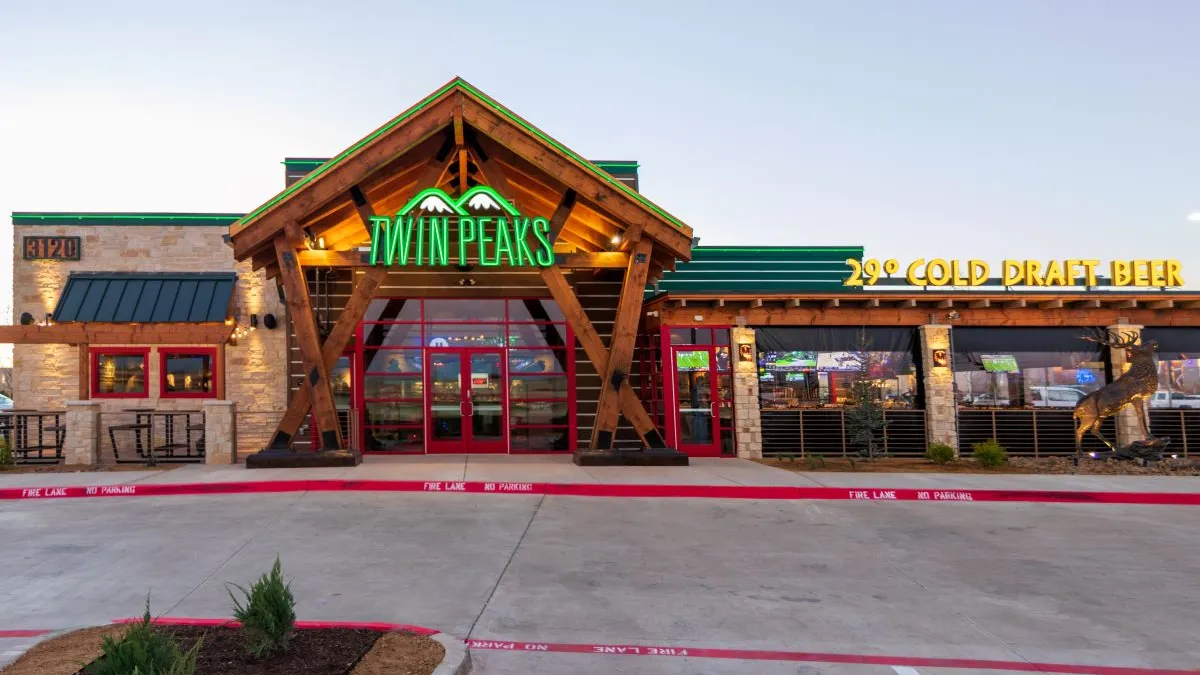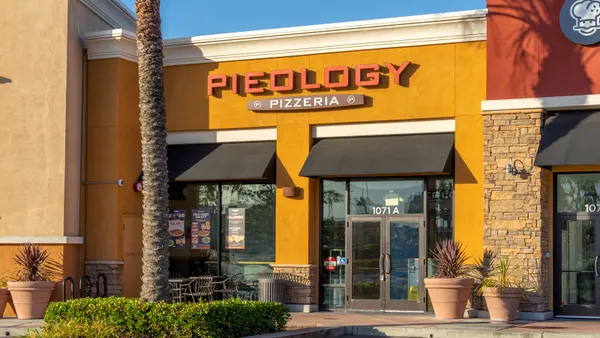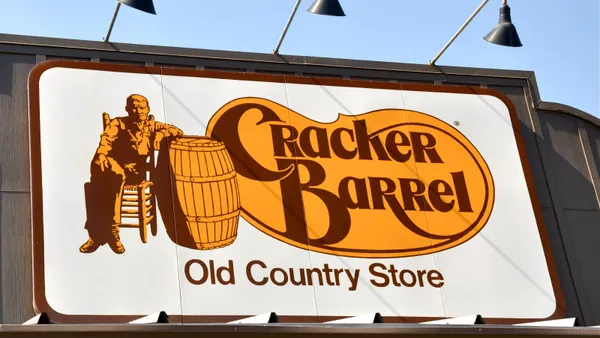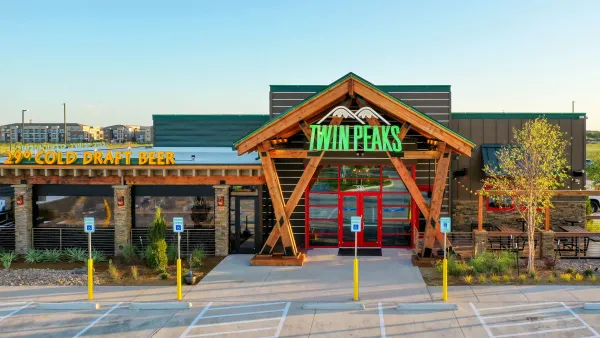Over the past three years, Fat Brands’ appetite for new brands has resulted in a half dozen acquisitions, growing its portfolio to 17 foodservice companies. While these deals led to a pipeline of over 1,000 units, it also saddled Fat with $1 billion in debt. Now, the company is betting one of its newer brands — Twin Peaks — could help turn its balance sheet green.
Two years after Fat bought Twin Peaks for $300 million, it is now considering an initial public offering for it. The sports bar brand, which has remained as a standalone asset, has grown rapidly since 2021, Fat Brands Executive Chairman Andy Wiederhorn said. Twin Peaks is up 40% by unit count and will grow its footprint by 100% in the next few years, with another 109 franchises sold and in the pipeline, he said. These deals will translate to 20% to 25% annual growth over the next four to five years, Wiederhorn said.
“It’s a perfect story for an IPO,” he said.
The company doesn’t expect to sell that many shares to start, but will use the proceeds to either repay debt, deleverage or build additional company-owned stores, he said. Twin Peaks is 70% franchised today, a portion expected to rise to 80% by the end of the year.
Wiederhorn said Fat Brands will be “rewarded in spades” by a Twin Peaks IPO, referencing the recent success of Cava’s nearly $2.5 billion valuation at its IPO launch. Fat expects a $1 billion to $2 billion valuation for Twin Peaks.
Fat Brands previously told its shareholders that it has a couple of assets that it’s planning to sell in the next few years, including Twin Peaks and its cookie dough manufacturing facility that the company acquired under Global Franchise Group.
“It’s an extraordinary transaction for us and I really hope it deflates the chatter about ‘does Fat Brands have too much debt?’” Wiederhorn said. “Selling [Twin Peaks] or selling our factory takes off all our debt.”
Wiederhorn is still deciding if Fat Brands should take Twin Peaks public as a subsidiary that it largely owns, selling 20% and keeping 80%, or spin it out for shareholders as a special dividend on its own. The third option would be to sell it for cash. There are some tax benefits to spinning it out, but the company also has to consider how much debt it needs to pay down, he said.
This transaction is expected to occur in the first or second quarter of 2024, and Fat will likely make a final decision on what to do with Twin Peaks during the summer, Wiederhorn said. He also wants to see how other restaurant companies get priced at IPO, like Cava.
“When I look at Twin Peaks, which will be 80% franchised, versus Cava, which is 100% company-owned, we should get an even better multiple,” Wiederhorn said. “When you look at the number that Twin Peaks is generating and how it is expected to grow, it should be running around $40 million in adjusted EBITDA this year and on its way well into the $60 [millions] for 2025, and so that valuation could be a big number.”
Wiederhorn expects a strong IPO market for the restaurant segment in the coming 12 to 18 months.
“There’s plenty of demand in the restaurant space because restaurants continue to make money. They continue to have positive comps,” Wiederhorn said. “The consumer has been steady in terms of continuing to transact with restaurants.”
Restaurants continue to grow and open new stores,as well, and forecasting in the industry reveals a trend toward a soft landing.
“We’re not seeing hard landing types of numbers or traffic,” he said. “It’s been a long time since the restaurant space was super hot. So I think it’s a good cycle.












